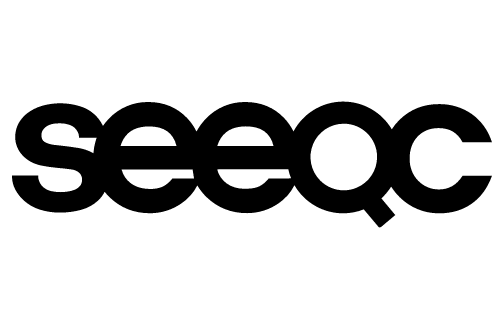
New collaboration expands quantum computing development for chemical and pharmaceutical industries
SEEQC, the digital quantum computing company, and BASF, the world’s largest chemical company, today announced a partnership to explore the application of quantum computing in chemical reactions. This research will specifically explore the potential of quantum in dissolved catalysts, otherwise known as homogeneous catalysis.
Through this partnership, BASF joins the SEEQC-led QuPharma project, launched in 2021 to explore how quantum computing can accelerate the process of drug discovery, in partnership with Merck KGaA, Darmstadt, Germany KGaA, a leading science and technology company. BASF’s partnership expands the commercial focus of this project to include simulations important for the chemical industry.
SEEQC will use its proprietary digital chip-based quantum computer to scale support of commercial simulations in industrial catalysts. The industrial catalysts targeted in this project are particularly challenging to simulate with today’s computers, yet they form the basis of one of the largest homogeneously catalyzed reactions in the industry, producing nearly 10 million metric tons of oxo chemicals each year.
By partnering with SEEQC in the QuPharma project, BASF will apply its substantial expertise to critical pharmaceutical research. Combined with SEEQC’s scalable chip-based quantum computer platform, this expertise can effectively tackle challenges and offer accuracy in simulations of chemical structures.
SEEQC’S “system-on-a-chip”
SEEQC uses a different method from most quantum computing companies. Through single-flux quantum electronics (SFQ), SEEQC has developed a “system-on-a-chip” approach to quantum. SFQ technology allows SEEQC to drastically reduce the required input and output lines connecting room-temperature electronics and qubits via ultra low latency and energy-efficient, chip-based digital multiplexing, readout and control. This enables greater scaling potential and lower energy consumption, thus delivering a stable and commercially viable quantum computer.
SEEQC’s quantum system provides the energy- and cost-efficiency, speed and digital control required to make quantum computing useful and bring the first commercially-scalable, problem-specific quantum computer to market. BASF joining Merck KGaA, Darmstadt, Germany as end-customer partners with SEEQC further validates SEEQC’s commercial and technical advantages over its competitors. Through these partnerships, SEEQC will deliver platforms that support applications within the chemical and pharmaceutical industry, ensuring SEEQC and its partners have early access to two key markets for quantum computing.

SEEQC is addressing the bottlenecks of scaling by integrating critical system functionality on a unique system-on-a-chip quantum computing platform.
SEEQC is leading the QuPharm Project
The QuPharma project launched in November 2021 to build and deliver a full-stack quantum computer that can be used alongside classical supercomputers to speed up the drug development process. SEEQC was awarded a £6.8 million ($9 million) contract to lead the project, along with a consortium of partners spanning the quantum computing supply chain including Riverlane, Oxford Instruments, the University of Oxford, Medicines Discovery Catapult, and members from the Science and Technology Facilities Council, including the UK’s National Quantum Computing Centre and the Hartree Centre.
Through the QuPharma project, SEEQC is providing its end customers with a clear roadmap for when quantum computing will provide commercial value to their businesses. In an effort to increase reliability and investment, SEEQC will deliver key scalable platform features, including low-latency digital readout, stable digital multiplexing and more along this roadmap through the QuPharma project.


